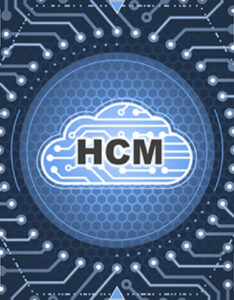

Large enterprises face challenges due to their complex requirements, necessitating comprehensive, integrated HR solutions. Organizations are continuing their pursuit of unifying data, processes, and people with as few vendors as possible. This has led to a ramp of R&D, acquisitions, and partnerships, focusing on integration and extensibility. AI and machine learning investments are prominent, with several vendors speeding ahead of initial Generative AI uses, like digital assistants, and releasing specialized AI agents. Employee experience remains a primary focus, with improvements in learning paths, recognition, and people analytics, alongside usability enhancements to drive adoption. The need for global capabilities has also created competition, with vendors expanding their international payroll presence while ensuring compliance with various regulations.
Read the report
CEOs demand transformational growth despite ongoing challenges like economic volatility and competitive labor markets. This pressure, combined with AI advancements, evolving employee expectations, and labor market changes, has revealed limitations in traditional HR operating models. Consequently, 87% of HR leaders believe continuous HR transformation is necessary, with CHROs seeking to create future-focused HR models emphasizing agility, business alignment, and operational efficiency.
Read the report
By 2027, 75% of global midsize and large enterprises will have invested in a cloud-deployed human capital management (HCM) suite for administrative HR and talent management. By 2027, employees will initiate 30% of all HCM suite transactions through natural language command; at least one AI application will assist these transactions.
Read the report